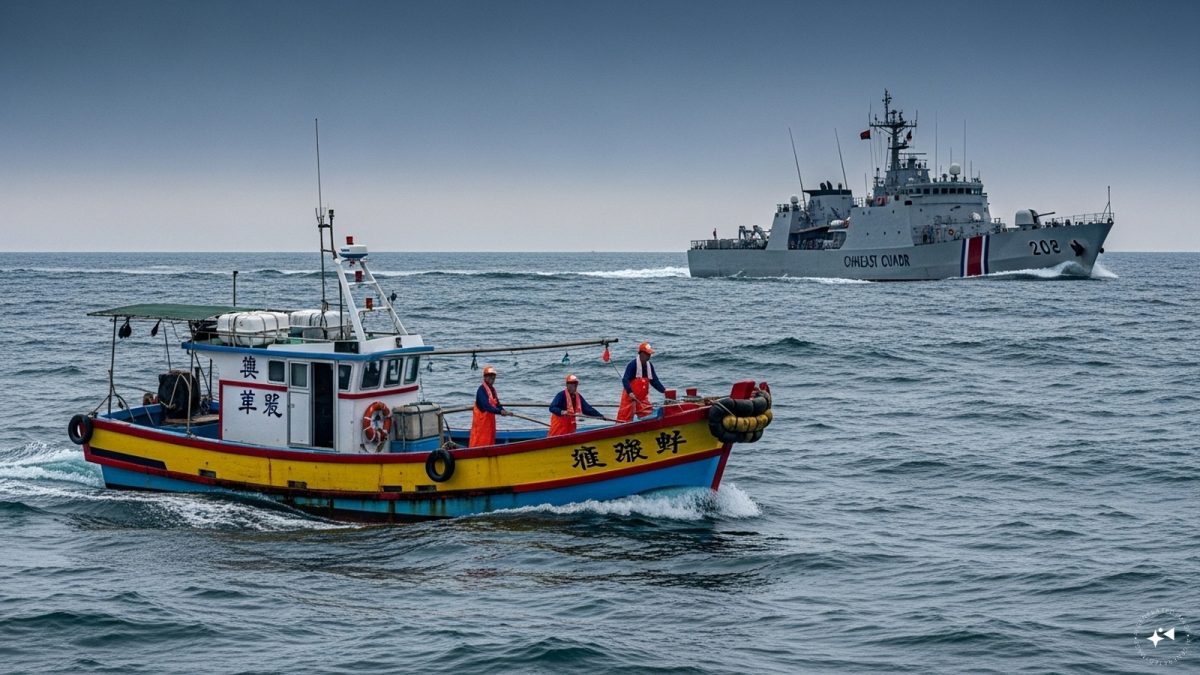Amid rising tensions in the Indo-Pacific, a bipartisan group of US senators has introduced a bill aimed at countering China’s escalating use of “grey zone tactics” against Taiwan, particularly its undersea communications infrastructure.
The Taiwan Undersea Cable Resilience Initiative Act, unveiled Wednesday by Republican Senator John Curtis and Democratic Senator Jacky Rosen, seeks to bolster the resilience of critical submarine cables near Taiwan.
According to a report by Taipei Times, the bill calls on the US Department of State, working in coordination with the Departments of Defence, Homeland Security and the Coast Guard to deploy real-time monitoring systems, develop rapid-response protocols, strengthen maritime surveillance, and expand international cooperation to detect and respond to sabotage attempts.
The initiative comes in response to mounting concerns over China’s attempts to isolate Taiwan through non-traditional means. “We can’t stand idle as China ramps up its tactics to isolate Taiwan, including by sabotaging its vital undersea cables,” Senator Curtis said.
He emphasised that enhancing monitoring capabilities and infrastructure security sends “a clear message” that the United States remains committed to defending shared global infrastructure, sovereignty, and democratic values.
The act refers to at least 11 reported disruptions to Taiwan’s undersea cables since February 2023, incidents that US officials suspect involved vessels engaged in deliberate interference. These disruptions have threatened Taiwan’s internet connectivity and highlighted the vulnerabilities in the island’s communication links.
In addition to the cable legislation, another bill—the Taiwan International Solidarity Act—was also introduced by Senators Curtis and Chris Van Hollen. This measure asserts that United Nations General Assembly Resolution 2758 does not preclude US efforts to push back against attempts to downgrade Taiwan’s international status. It encourages Washington to work with allies in resisting Beijing’s growing diplomatic pressure on Taipei.
Impact Shorts
More ShortsThe latest Senate action follows the House’s passage of a companion version of the International Solidarity Act in May, co-sponsored by Democratic Representative Gerry Connolly and Republican Representative Young Kim. A similar effort passed the House in 2023 but stalled in the Senate, necessitating its reintroduction in the current Congress.
Together, the two bills reflect a broader strategy in Washington to fortify Taiwan’s global standing and infrastructure against Beijing’s assertive and ambiguous tactics—often employed in the so-called grey zone that falls short of open military conflict.
With inputs from agencies
)